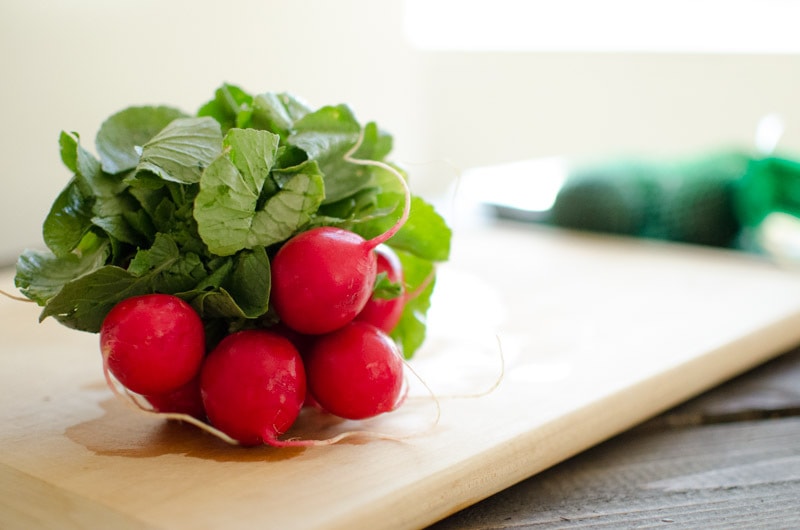
Have you ever noticed that some of your food packages say "Non-GMO". Wait I should back up.. do you read what your food packages say? If not, you should start. If you are reading and you buy organic, you might have noticed occasionally a little seal saying "Non-GMO." Ok cool, so is that a good thing that it is non-GMO or whatever the heck that means? I started noticing that little statement on packages a few weeks back and became curious. I talked with a fellow co-work who is hard-core Organic, Paleo, and Gluten Free if she knew much about it.
That conversation turned into an in-depth discussion of what labels can you trust? Are things really as organic as they say? What does Natural mean? Is it always worth it to buy Organic as they are typically more expensive? So I did a little research, primarily on the US Department of Agricultures Website (USDA) as they are the regulators of organic foods and labeling. And I learned a lot.. I felt it was worth information to share here. As we try and feed our families healthy produce and make decisions about what foods we allow in our homes, it is good to understand exactly what goes into making that food. Even if we don't choose to be 100% organic, making an educated decision is better than blinding consuming. So here is some information that I have learn with links as references...
What does Non-GMO Mean?
GMO stands for Genetically Modified Organism. Many of the seeds used to plant crops have been genetically altered to with stand pesticides. This is not a natural process of nature, which raises the concern is this good for us to eat? The whole idea behind the Paleo trend is to get back to nature, how we were created to eat and consume. Of all the diet trends, I respect Paleo. Rather then starving our selves, it is good to eat and fill ourselves with whole foods. But if those foods are altered or tainted genetically, what are the long term consequences? Here is a great link to more about the facts of GMO.
What are Non- GMO foods?
So if you want to buy non-gmo foods, how can you? First of all you are probably not going to find it labeled very often. After looking at a few markets, the only time I actually saw "non-gmo" was a few packaged goods. So not on my apples or radishes. Not on my "natural" peanut butter. If we choose to avoid GMO foods how can we do so? According to the USDA, we need to buy organic. You can see my radish label below withe the USDA seal, but no label of Non-GMO.
Do Organic Products Contain GMO's?
The answer is No! According to the USDA blog, certified organic foods cannot contain any GMO's. To know if they are certified USDA organic, look for the seal on the package. However, there is some dispute over how closely this is regulated. This article explains more.
I've always been a little skeptical on if I should buy all my produce organic or not. It can be pricy! Probably the only down fall in my book, momma is on a budget! Some say to buy food that you eat the outsides of.. apples, carrots, lettuce, etc. organic. And to buy regular things that you peel or eat the insides of.. such as bananas or melons. However, after what we learned today, organic means more then whether or not the food has had a few pesticides sprayed on it. Can eating altered DNA have any impact on our health? We may not know yet, but at least we can make educated decisions when buying our foods and consuming products. As for me and my tomatoes, I prefer garden fresh. If that isn't possible, organic from the market is pretty darn close.


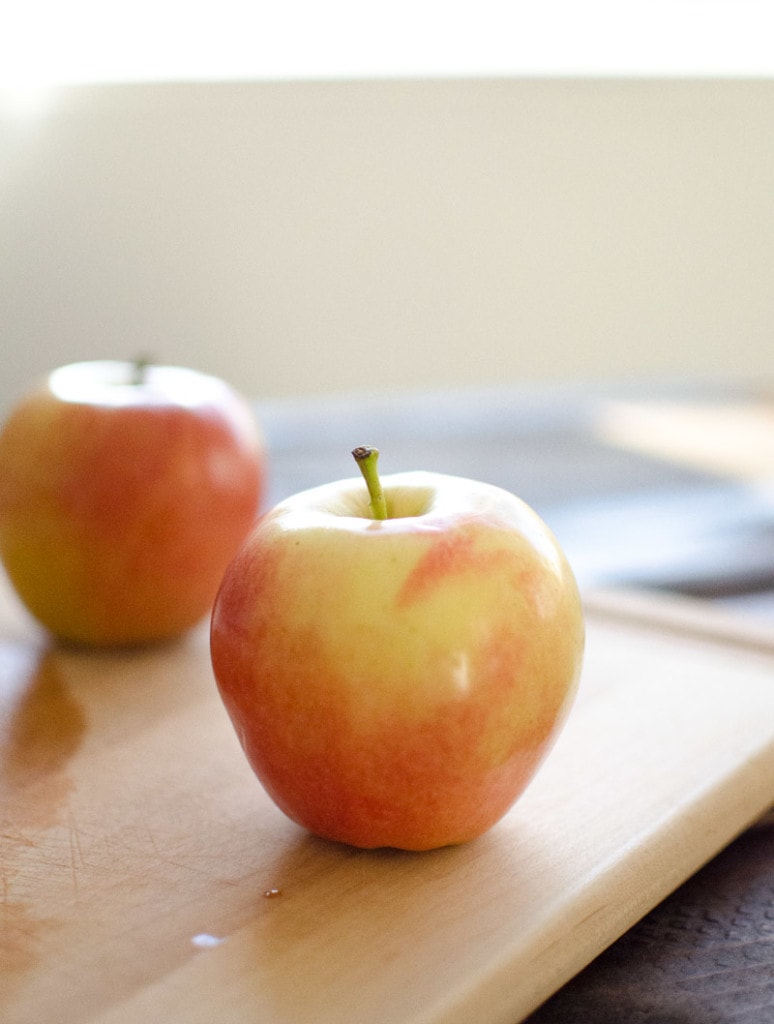
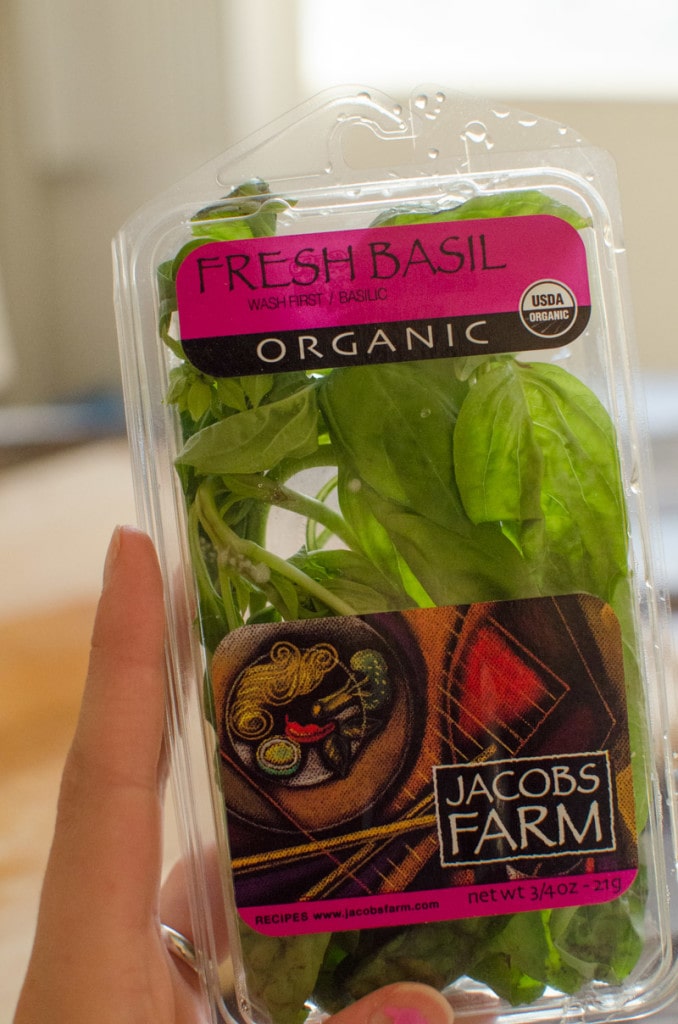
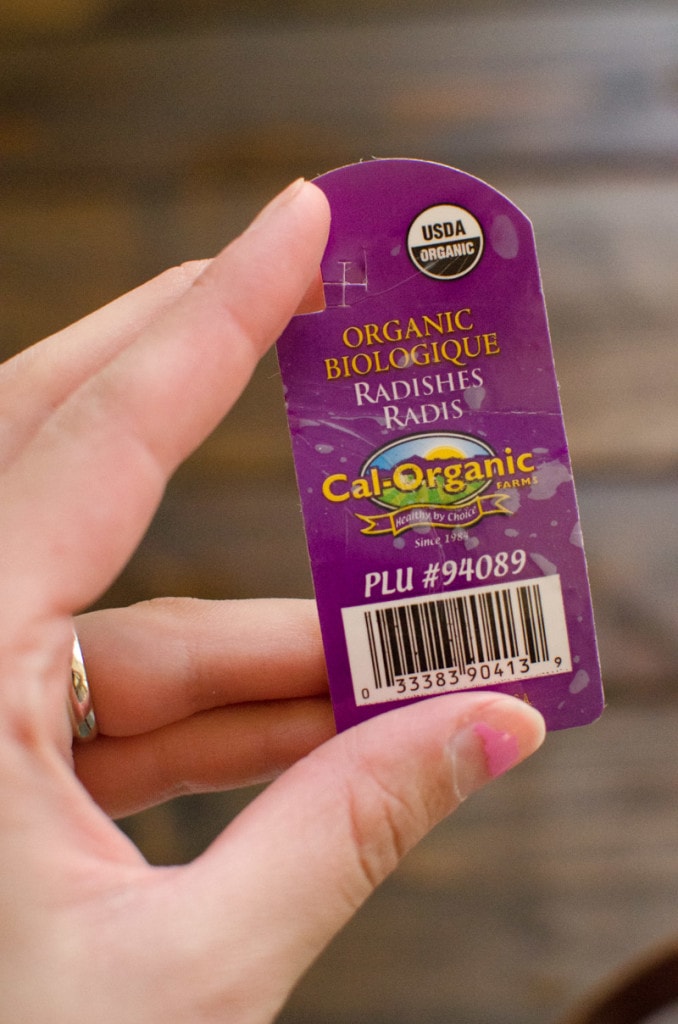
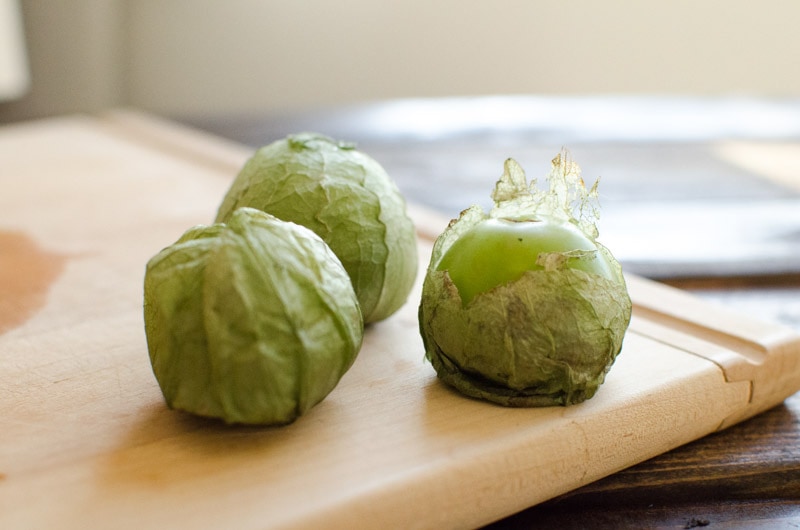
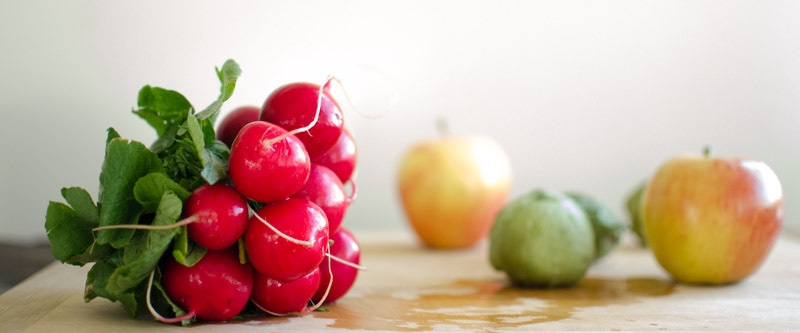
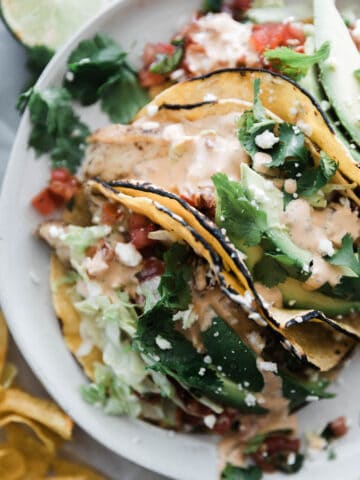
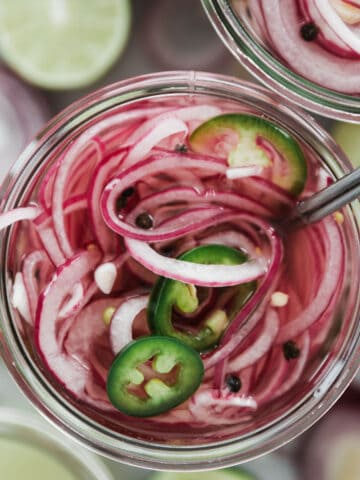
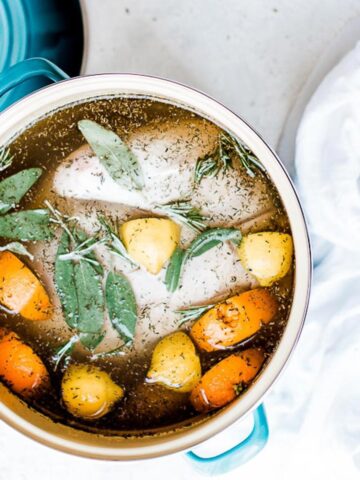

Debra Anderson says
Thanks for the info! Now I know what GMO stands for. I plan to grow my own container garden this year, but starting out small. I have health issues where it is hard for me to tend to a regular garden. And there's only 2 of us, and one of us (not me!) is fussy about eating veggies. So , it will be a very small garden; like, 1 plant of each--yams, tomatoes, carrots, and romaine lettuce. If I have insects, I will use natural homemade pesticides.
Aubrey says
What a great plan Debra! And very smart to start small as well, see how the growing goes and if it is manageable and something you really enjoy. Home grown always tastes the best! (My hubby isn't so keen on the greens either!)
Cherie Hogan says
Actually, you should be able to tell very easily if something is a GMO or not. Look at the produce number. If the PLU is 5 numbers, starting with an 8, it is a GMO. If its 5 numbers starting with a 9, it is organic. 4 numbers mean they were conventionally grown. However, if a product is a GMO, it is not necessarily always labeled as such. It is up to the retailer to label it to help them look up prices and know what is being inventoried and sold, so if they are pricing their GMO corn the same as conventional corn, they could just not label it since its selling at the same price, its their choice.
Anna says
Love this post, guys! All of our bodies are different and respond differently to the consumption of pesticides (and other chemicals). For me, after years of diligent research and study of my own body, I fully believe that the lack of nutrients in conventional foods coupled with the ever-growing amounts of pesticides is what caused my debilitating autoimmune disease. For this reason, I buy organic as much as possible. One thing I would add to your post is that some of the crops are actually genetically modified to contain the pesticides right within the foods cells (corn). Another issue is that these GMed crops are engineered to withstand pesticides so that the pesticides can be sprayed directly onto the crop without killing it....unfortunatly, the weeds are becoming more and more resistant to the pesticides and if you look at the amounts farmers are buying, every year it skyrockets....in other words, every year conventional foods get more and more toxic. It's fascinating and scary all at once! I think limiting exposure is the key. You can't overdo it upfront although everything in your being will make you want to. But thank you so much for spreading the good news! Yay!
xo
Anna
Aubrey says
Isn't is so crazy Anna?! I have so much to learn but it is good to start somewhere! I think you nailed with the lack of nutrients of GMO produce! That is another one of my greatest concerns. If my kids are excited to eat a radish and carrots, I want their little bodies to get all the nutrients they can! And it can be a lifestyle change to choose to eat organically and holistically. I guess that my advice for anyone taking moving that direction is to take it a step at a time. It can be overwhelming and discouraging, I'm kinda of in the thick of it. Thanks so much for you comment Anna!